Militants give up weapons as Syrian Army advances in Dara’a province
In a bid to get rid of terrorist remnants in southern Syria, the Army has entered several towns in Dara’a province, where militants handed over their arms under a truce agreement proposed by the government last month.
Units of the Army entered the towns of Tal Shihab and Zaizoun on Thursday, official SANA news agency reported.
In the town of Da’el, the status of dozens of militants, wanted men, and military service deserters was settled, and weapons were handed over to the Syrian Army, it said.
The town’s residents expressed satisfaction with the launch of the process to settle the status of militants and their return to normal life.
Nashat al-Hariri, head of Da’el City Council, told SANA that the settlement is the way for citizens to return to normal life and daily work, and to restore security and stability to Da’el.
In addition, the Syrian Army opened main and secondary roads in Dara’a and the army’s bulldozers removed debris from the area.
The establishment of full government control over Dara’a is highly important since the province borders the Israeli-occupied Golan Heights which the Tel Aviv regime has used to treat wounded terrorists fighting against the Syrian government since 2011.
The territory’s return to the Syrian government’s control could sever collaboration between Israel and the militants and accordingly deal a blow to Tel Aviv’s plans to annex the Golan Heights.
Since 2011, Syria has been gripped by foreign-backed militancy, leading to the emergence of Daesh and other terrorist groups in the country.
The US has also been maintaining an illegal military presence on Syrian soil, collaborating with militants against Syria’s legitimate government, stealing the country’s crude oil resources, bombing the positions of the Syrian army and anti-terror popular forces, and imposing crippling sanctions on Damascus.
Ending US military presence
In spite of the withdrawal of American troops from Afghanistan last month, the US presence in Syria has largely remained the same this year, with nearly 900 troops still present in Syria.
On Thursday, reports said US Congressman Jamaal Bowman has introduced an amendment to the annual defense spending bill that would stop funds from being used to continue Washington’s military presence in Syria.
The amendment would prohibit funds out of the National Defense Authorization Act (NDAA) from being used to continue American military operations in the country without congressional approval.
The amendment has been supported by Congresswomen Rashida Tlaib and Jan Schakowsky and Congressmen Ro Khanna, Peter DeFazio, Ritchie Torres and Steve Cohen.
Military intervention without the people's approval, by way of Congress, needs to end.
— Jamaal Bowman (@JamaalBowmanNY) September 21, 2021
My amendment to the NDAA, which would bring our presence in Syria to a congressional vote, is an urgent reaffirmation of the war powers granted to Congress.
“Too many Syrian lives have been lost as a result of disastrous US policy, but President Biden has an incredible opportunity to demonstrate leadership once again on the global stage,” Bowman said in a statement.
“I urge all of my colleagues to join me in supporting this amendment and ending the US military’s intervention in Syria as quickly as possible.”
End of Syria’s isolation
While Syria continues to regain control of its lands from terrorist remnants, recent regional developments seem to be in favor of the country as well, in what some observers believe could end Syria’s regional and international isolation.
Last Sunday, Syrian Defense Minister General Ali Ayoub went to meet his Jordanian counterpart General Yousef Heunieti, marking the first meeting at that level in a decade.
Earlier this month, energy ministers from Jordan, Syria, Lebanon and Egypt came together in the Jordanian capital, Amman, where they agreed that Lebanon, which is going through crippling fuel shortages, would import Egyptian gas and Jordanian electricity via Syria.
The agreement has been described as a “diplomatic breakthrough” for the Syrian government, which has been suspended from the Arab League since 2011.
The United States, with the intention of countering what it calls Iranian influence in Lebanon, also supported the agreement, with US Ambassador to Beirut Dorothy Shea announcing that some of what are known as the Caesar Act sanctions against Syria could be amended to allow fuel shipments.
The plan came after the secretary general of the Lebanese resistance group Hezbollah, Sayyed Hassan Nasrallah, announced the import of Iranian fuel to help Lebanon weather its fuel shortages. The Iranian fuel shipments also pass through Syria.
“By and large, governments in the region have accepted that [Syrian President Bashar] Assad has survived and that he’s going to stay [in power] for some time,” Julien Barnes-Dacey, director of the Middle East and North Africa program at the European Council on Foreign Relations, told DW.
“So it’s in their own interests to normalize ties with Syria. There are economic and energy issues that play to everyone's advantage,” he said.
Back in December 2018, the United Arab Emirates and Bahrain re-opened their embassies in Damascus. In October last year, Oman reappointed its ambassador to Syria and in May this year, Saudi Arabia apparently held talks about re-opening its embassy in Damascus.
UK anti-corruption minister Siddiq resigns over Bangladesh ‘embezzlement probe’
VIDEO | Indian-administered Kashmir honors Imam Ali’s legacy of justice, leadership
Israel kills female Palestinian journalist based in Gaza’s Indonesian Hospital
US lawmakers demand answers from Biden on Israeli killing of Turkish-American activist
Araghchi: Iran never left negotiation table as its nuclear program ‘peaceful’
Jan. 14: ‘Axis of Resistance’ operations against Israeli occupation
VIDEO | UNRWA’s financial crisis deepens amid support cuts
South Korean President Yoon arrested over failed martial law bid


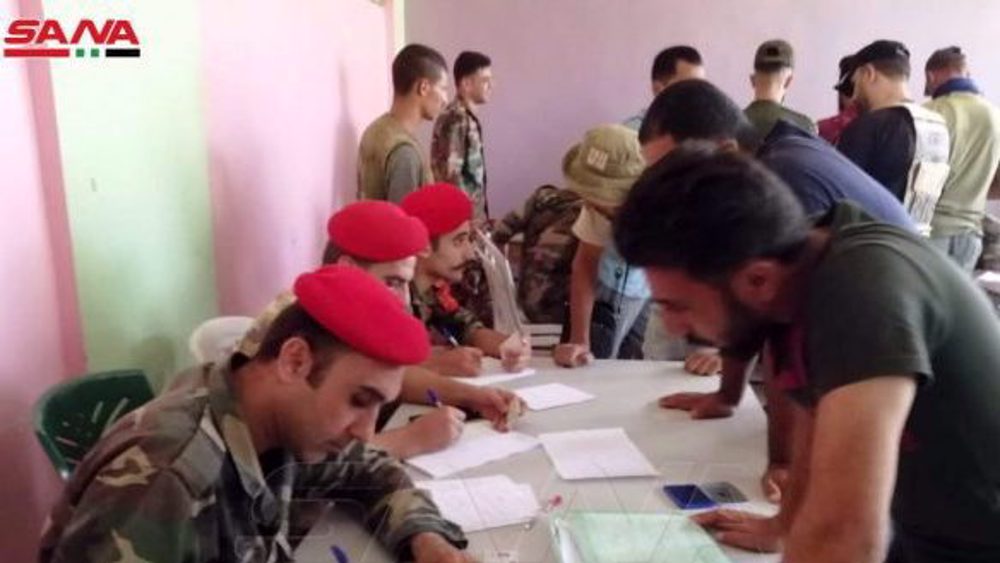
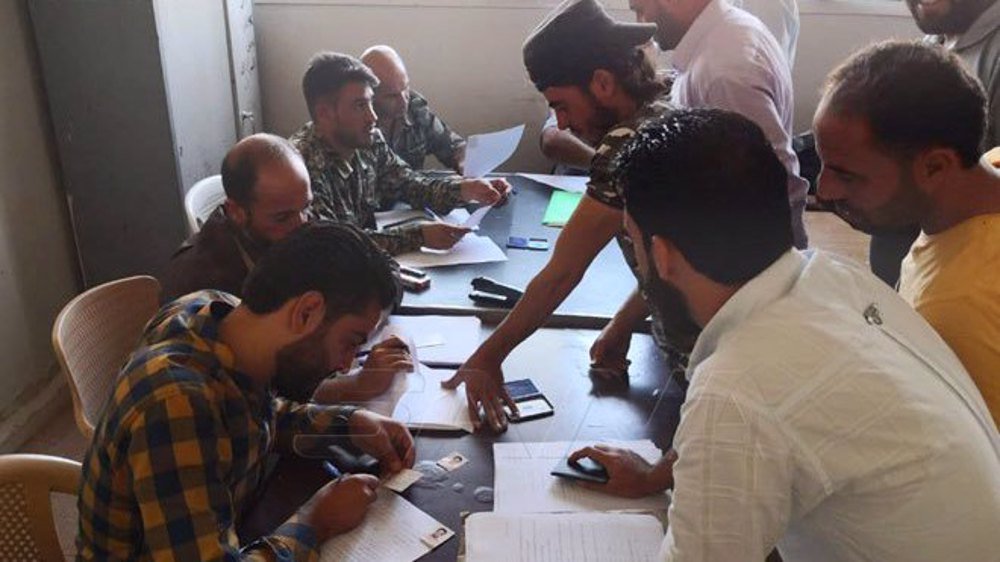
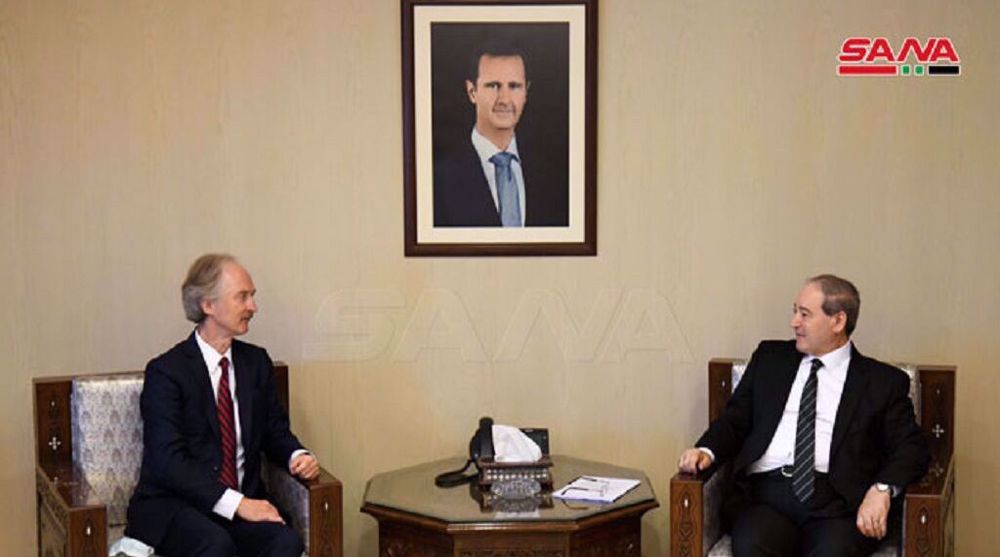
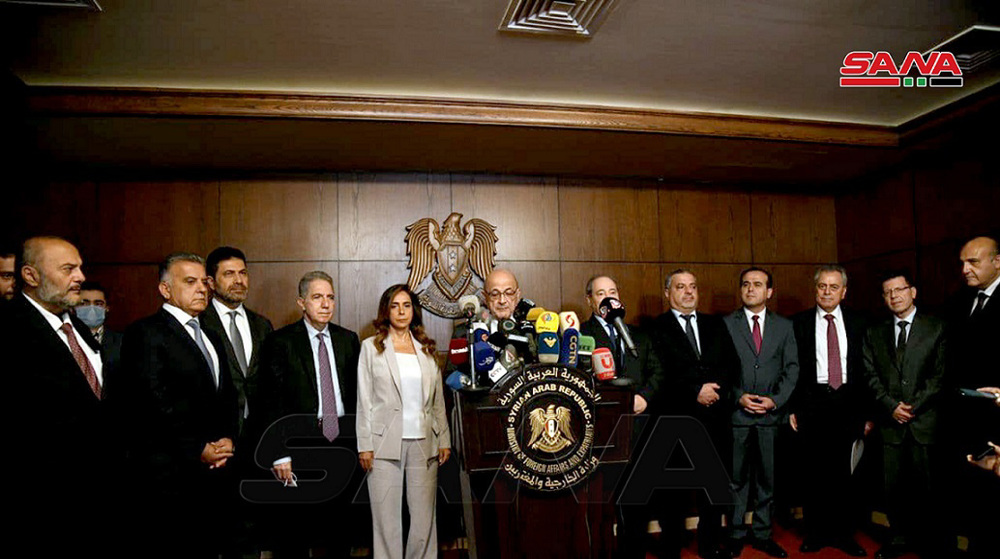

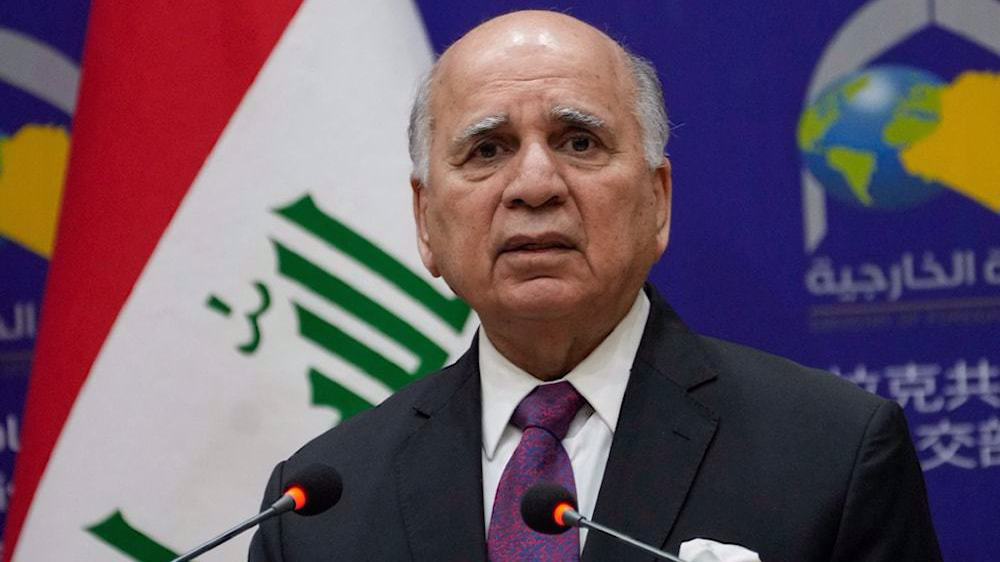
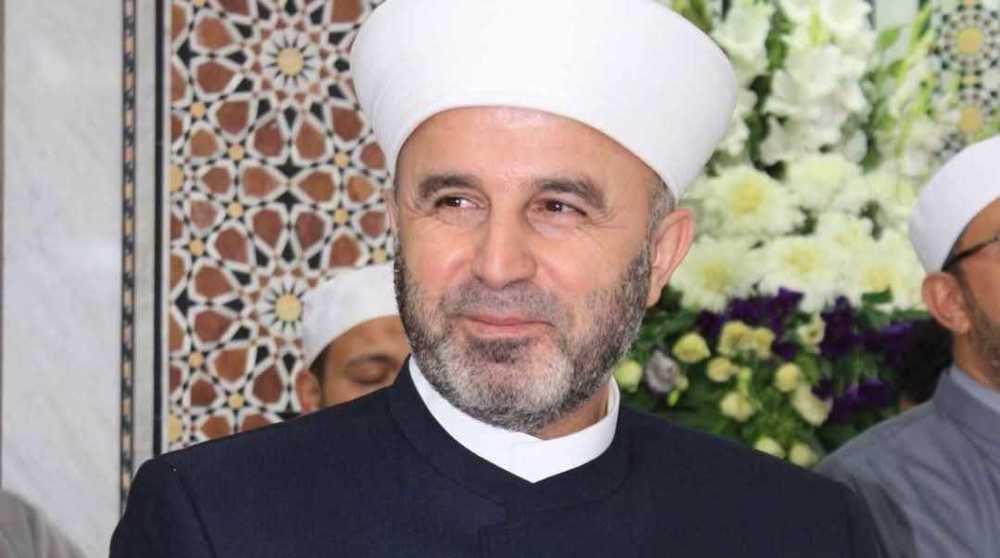



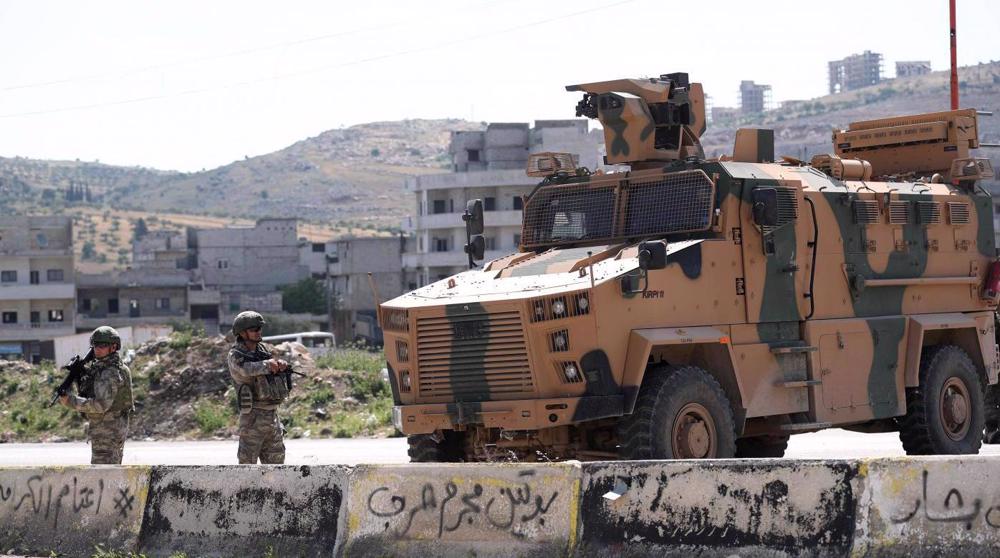
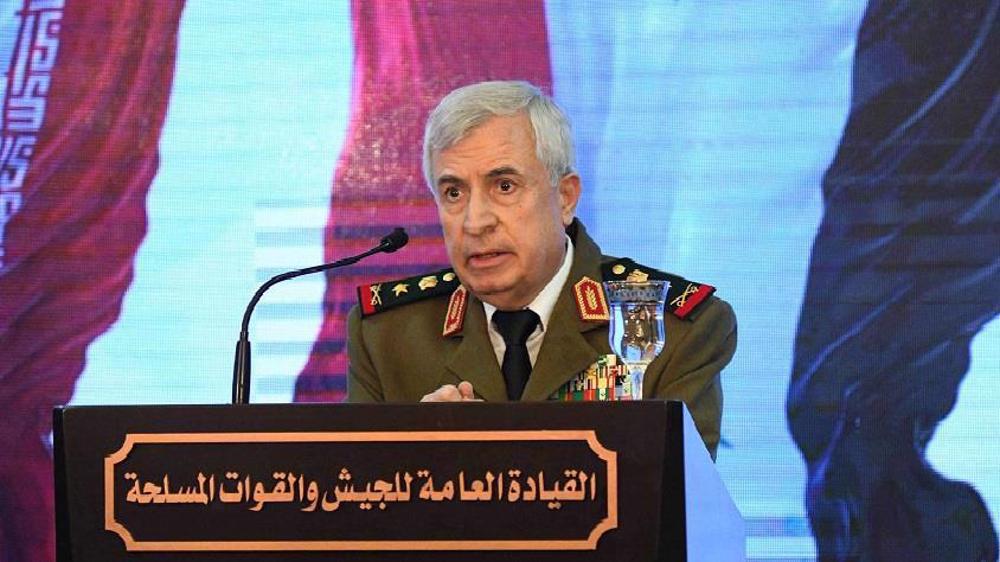
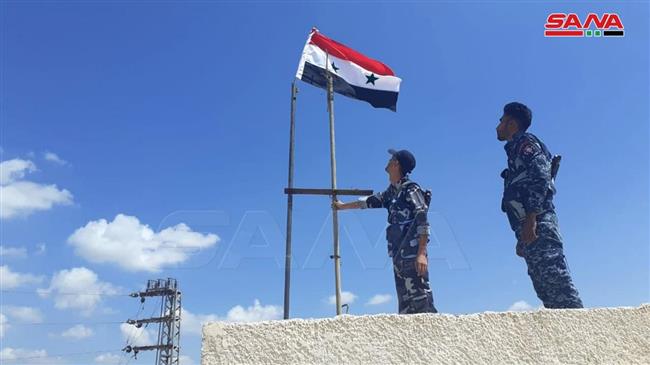
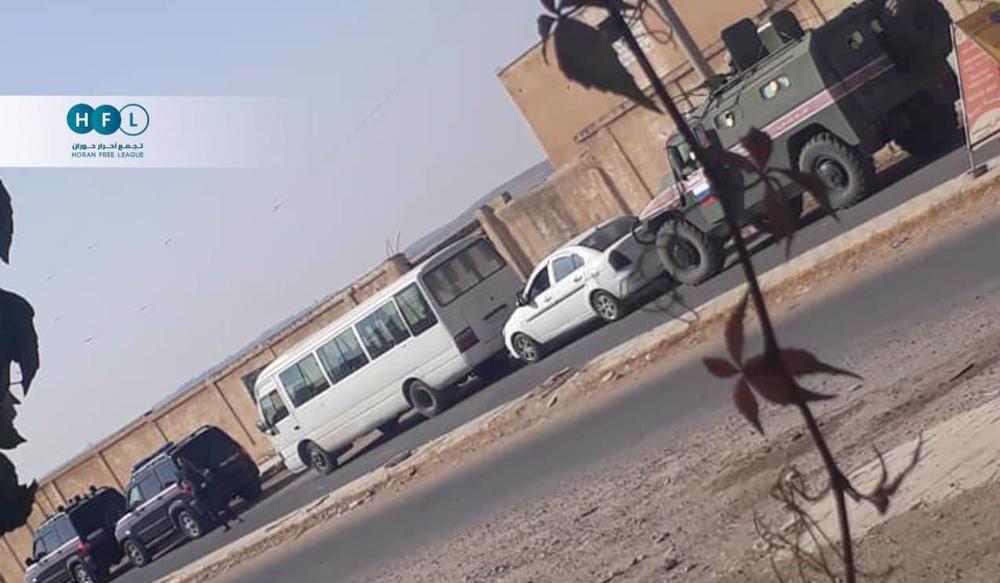

 This makes it easy to access the Press TV website
This makes it easy to access the Press TV website